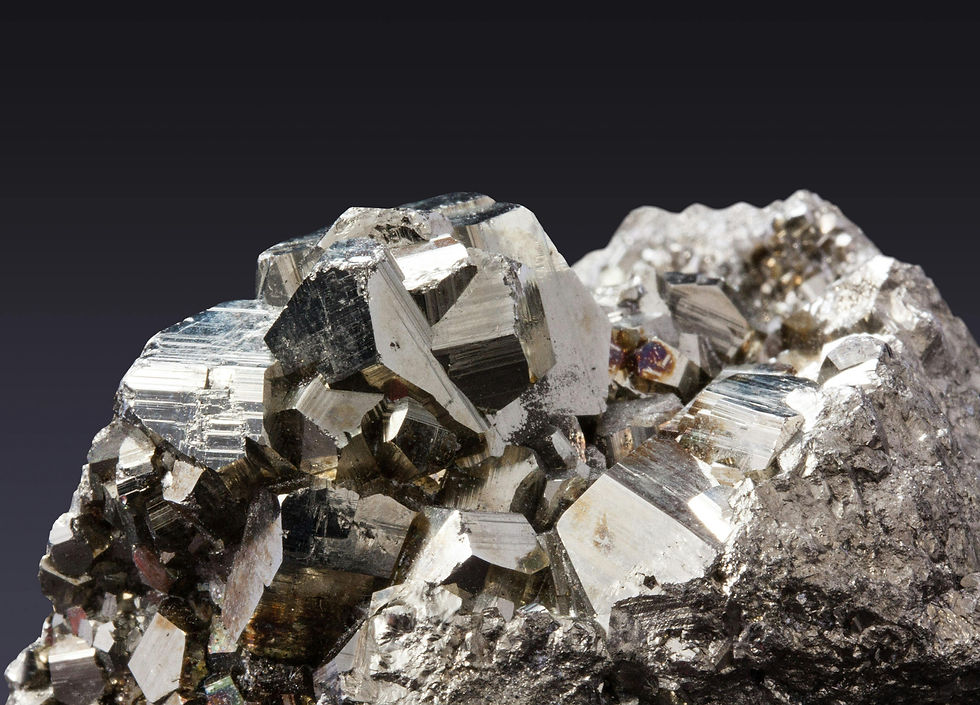Supplements for detox: Fact or fiction
- Healthfully Myself
- Dec 28, 2023
- 3 min read
Updated: Jan 9, 2024
The post-holiday season can leave many of us feeling over-indulged and not at our best. In such times, the temptation to seek "quick fixes" for detoxing becomes tempting. However, the question arises: do supplements truly work for this purpose?

While there is ongoing debate within the medical and scientific communities about the efficacy and necessity of "detox" products, some individuals may choose to incorporate nutritional supplements that are believed to support the body's natural detoxification processes. It's important to note that the body has its own built-in detoxification mechanisms, primarily involving the liver, kidneys, and other organs.
The scientific evidence supporting the efficacy of certain nutritional supplements for detoxification is limited, and the topic remains an area of ongoing research and debate within the scientific community. It's crucial to note that the term "detox" can be ambiguous, and different people may use it to mean various things.
If someone is considering nutritional supplements for what they perceive as detoxification purposes, they should consult with a healthcare professional to ensure that the supplements are safe and appropriate for their individual health needs.
Here are some commonly mentioned nutritional supplements in the context of detox:
Milk thistle (Silymarin):
Believed to support liver health and function. Some studies suggest that milk thistle may have hepatoprotective (liver-protecting) effects, but more research is needed to establish its efficacy for detoxification.
Turmeric (Curcumin):
Known for its anti-inflammatory properties and often considered beneficial for liver health. Turmeric has anti-inflammatory properties and may have potential benefits for liver health. However, more research is needed to determine its effectiveness for detoxification.
N-Acetylcysteine (NAC):
Thought to support glutathione production, an antioxidant involved in detoxification processes. NAC is a precursor to glutathione, an antioxidant involved in detoxification. Some studies suggest potential benefits, especially in cases of acetaminophen overdose, but more research is needed for broader applications.
Chlorella and spirulina:
Green algae that are rich in nutrients and antioxidants. These are nutrient-dense algae, but the evidence supporting their role in detoxification is limited. They are, however, rich in nutrients and antioxidants.
Activated charcoal:
Some people use activated charcoal to bind and remove toxins from the body. Activated charcoal is used medically to treat certain types of poisoning. However, its efficacy as a general detoxifier is not well-supported, and it may interfere with nutrient absorption.
Dandelion root:
Believed to have diuretic properties and may support liver health. Some studies suggest potential benefits for liver health, but more research is needed to establish its effectiveness for detoxification.
Glutathione:
This antioxidant is naturally produced by the body and is involved in detoxification. While glutathione is a crucial antioxidant involved in detoxification, the effectiveness of oral glutathione supplementation is debated due to challenges in absorption.
Probiotics:
Supporting gut health is often considered important for overall well-being, including potential impacts on detoxification. Probiotics are generally recognised for their positive effects on gut health, but their direct role in detoxification is not well-established.
In summary, while the concept of detoxification is grounded in the body's natural processes, there's limited scientific support for many commercial detox products and extreme detox regimens. Instead, focusing on a healthy lifestyle is generally regarded as a more sustainable and evidence-based approach to supporting overall well-being. It's essential to approach detoxification with caution, as extreme detox diets or reliance on supplements may not be necessary for most people and could even be harmful. Before making significant changes to your diet or lifestyle, it's advisable to consult with a healthcare professional for personalised advice.






Comments